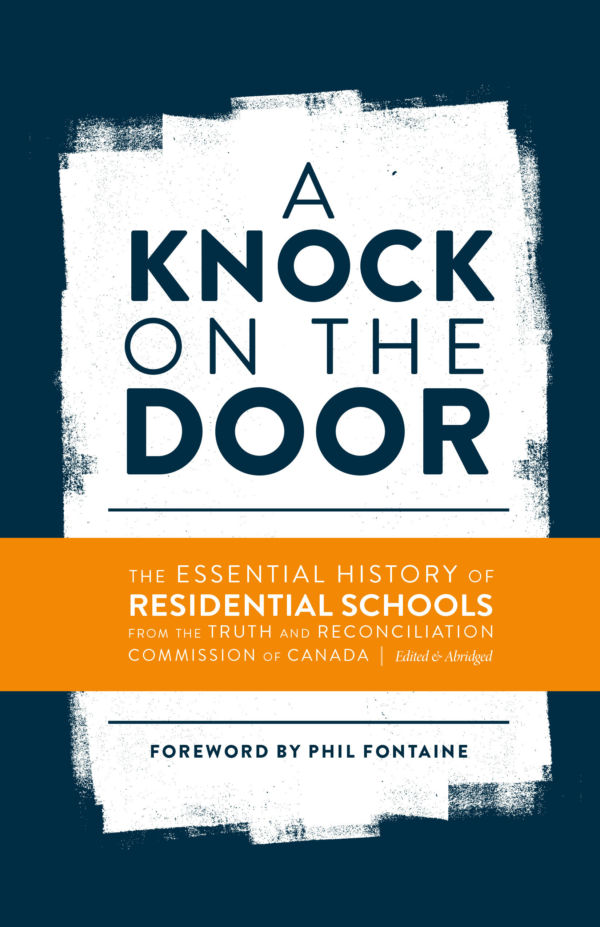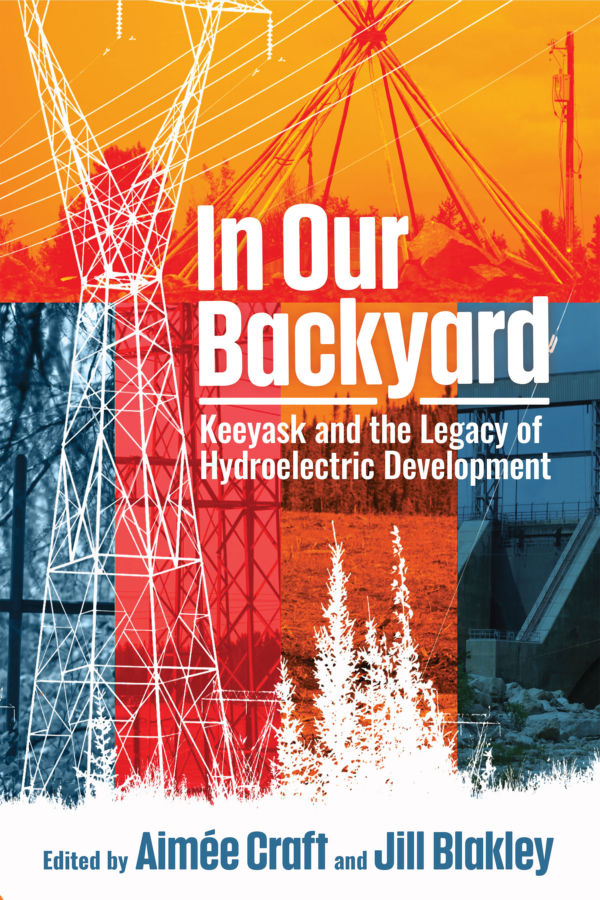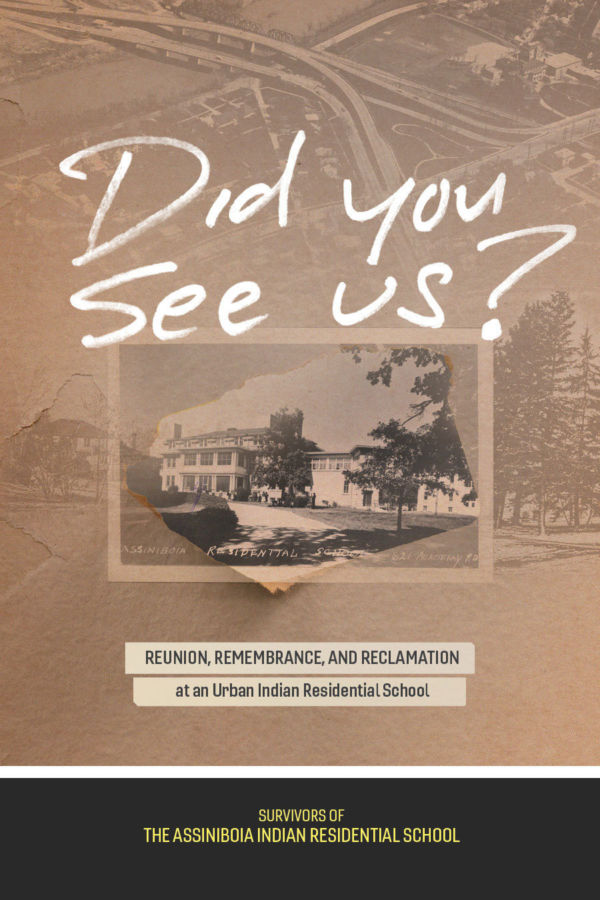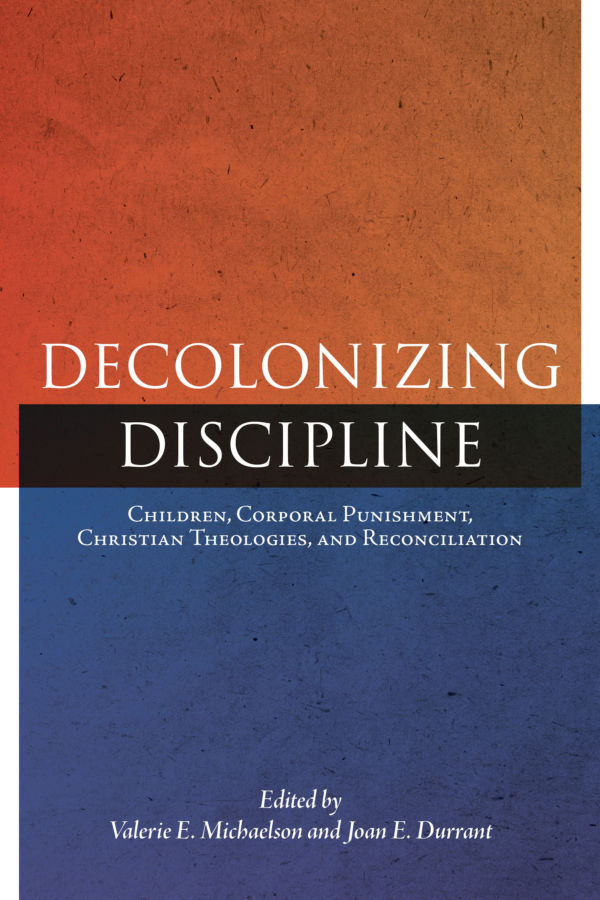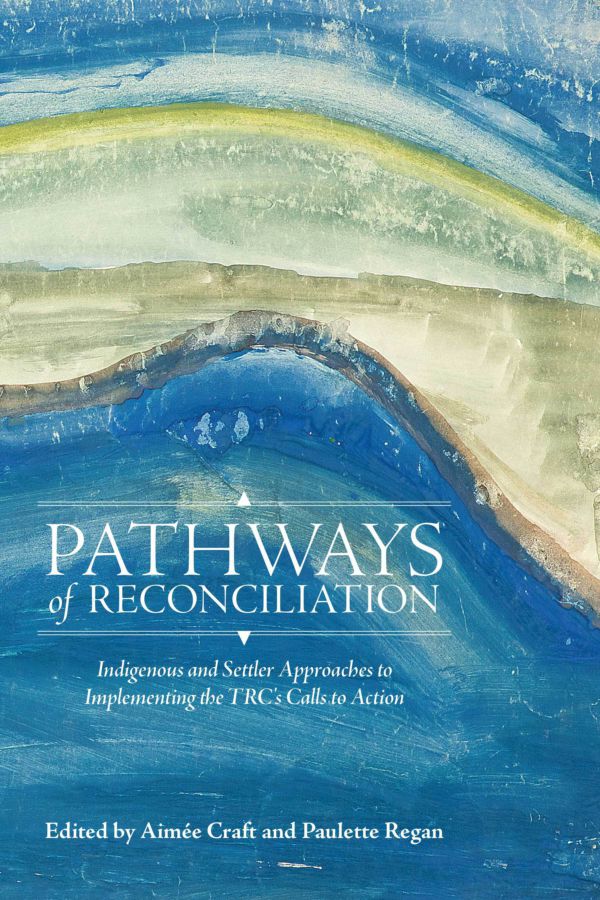A Knock on the Door
The Essential History of Residential Schools from the Truth and Reconciliation Commission of Canada, Edited and Abridged
Overview
“It can start with a knock on the door one morning. It is the local Indian agent, or the parish priest, or, perhaps, a Mounted Police officer.” So began the school experience of many Indigenous children in Canada for more than a hundred years, and so begins the history of residential schools prepared by the Truth & Reconciliation Commission of Canada (TRC). Between 2008 and 2015, the TRC provided opportunities for individuals, families, and communities to share their experiences of residential schools and released several reports based on 7000 survivor statements and five million documents from government, churches, and schools, as well as a solid grounding in secondary sources.
A Knock on the Door, published in collaboration with the National Research Centre for Truth & Reconciliation, gathers material from the several reports the TRC has produced to present the essential history and legacy of residential schools in a concise and accessible package that includes new materials to help inform and contextualize the journey to reconciliation that Canadians are now embarked upon.
Survivor and former National Chief of the Assembly First Nations, Phil Fontaine, provides a Foreword, and an Afterword introduces the holdings and opportunities of the National Centre for Truth & Reconciliation, home to the archive of recordings, and documents collected by the TRC.
As Aimée Craft writes in the Afterword, knowing the historical backdrop of residential schooling and its legacy is essential to the work of reconciliation. In the past, agents of the Canadian state knocked on the doors of Indigenous families to take the children to school. Now, the Survivors have shared their truths and knocked back. It is time for Canadians to open the door to mutual understanding, respect, and reconciliation.
Reviews
“There are good and bad things in our society, successes and failures. But there is only one fundamental reality that remains unaddressed. That is the situation of indigenous peoples. This is the single most important issue before us, whether we are recently arrived in Canada or have been here for centuries. This is the prime issue on which we should be judging governments and potential governments.”
John Ralston Saul, The Globe and Mail
“The attempt to transform us failed. The true legacy of the survivors, then, will be the transformation of Canada.”
Phil Fontaine, from the Foreword
"A Knock on the Door is a book that I hope every Canadian will read, and read deeply. The transformation of this country begins with acknowledging what happened after that knock on the door. Acknowledging, understanding the implications, and then resolving to do something for positive change. It's right that the TRC Calls to Action are included, for we are all called to action."
Shelagh Rogers, TRC Honorary Witness
"A compelling book that is both accessible and well-documented."
Publishers Weekly
About the Authors
Table of Contents
Foreword by Phil Fontaine
Map of Residential Schools
List of Residential Schools
Chronology
Introduction
Ch. 1 The History
Ch. 2 The School Experience
Ch. 3 The Legacy
Ch. 4 Reconciliation
Ch. 5 Calls to Action
Afterword: Gabekana (At the End of the Trail) by Aimée Craft
Selected Bibliography

